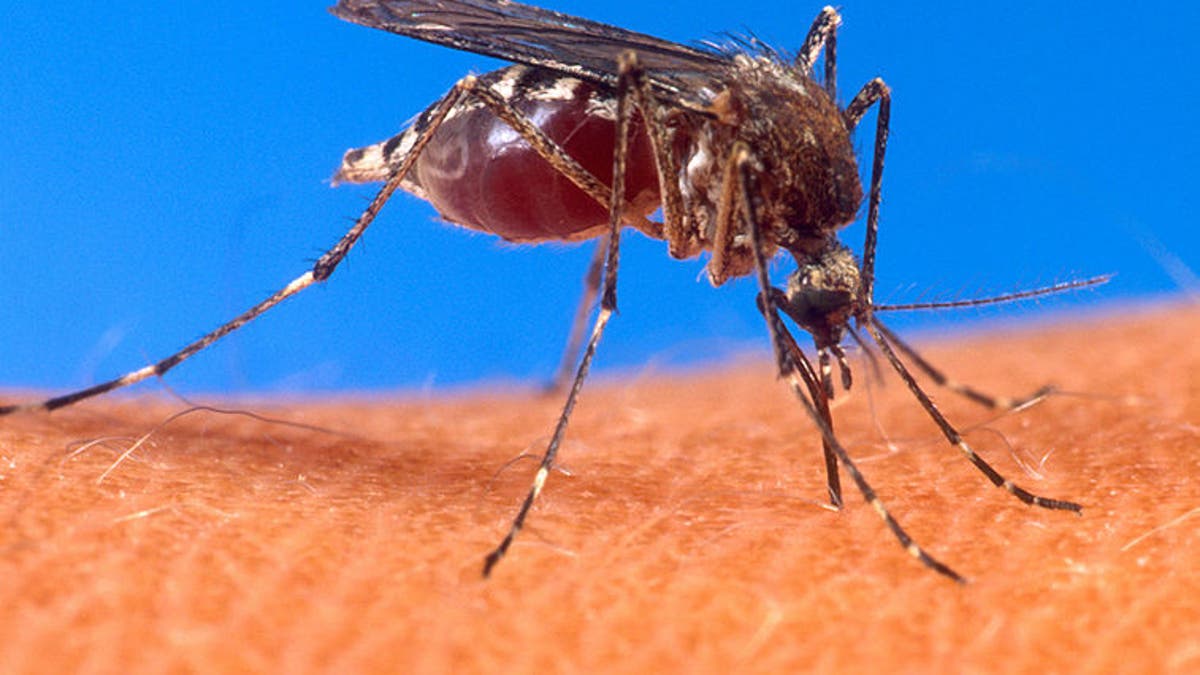
(Wikipedia)
The pesky mosquitoes are getting ready for their annual comeback. With one of the hottest July's in history, accompanied by heavy precipitation, which led to standing water that sparked the growth of area-wide mosquito pools, we have the perfect setting for the advent of West Nile virus.
If you are one of 10 people who may be “extremely attractive” to biting mosquitoes, listen up. In these cases there may be differences in body chemistry, scents and even changes in carbon dioxide you exhale that may lead to more bites.
Remember, this is no joke: We are seeing near-record epidemic levels in more than a dozen states associated with recent outbreaks of West Nile Virus, due to “infected” mosquitoes each year. In some individuals, particularly those older than 50, as well as those with compromised immune systems, this illness can pose real danger and cause severe illness. We are seeing a greater increase in neuro-invasive disease, such as encephalitis that can lead to paralysis and even death.
Here are some ways to help reduce the bite:
• Reduce standing water and fix broken screen doors/windows
• Use enough of insect repellent and reapply according to label [http://www.cdc.gov/ncidod/dvbid/westnile/index.htm] to cover exposed skin
• Wash insect repellent off when you come inside after exposure
• Never spray directly to your face; apply to hands and then facial areas
• Always apply to repellent to yourself first, and then to your child. Do not apply to your child’s fingers, hands or near the mouth
• Choose the correct concentration of DEET for your outdoor activity
• The higher concentrations of active “repellent” will provide longer duration of protection, and products with ≤10 percent active ingredient may offer only short and limited protection/
• The American Academy of Pediatrics recommend that repellents used on children do not contain more than 30 percent DEET. Also use insect sprays in well-ventilated areas and outdoors and carefully wash off repellents after returning inside.
• Pyrethrum may be applied to your clothing, shoes and jackets
• Some botanical oils, for example, oil of lemon and eucalyptus can provide protection (although in most studies, they will not necessarily last as long as higher concentration DEET containing repellents)
• Keep your screens in optimal condition to keep mosquitoes out
• Wear light-colored clothing (also easier to spot ticks)
• Wear long sleeves and pants, especially when hiking. Wear socks and closed shoes.
• Do a tick check after exposure
• After returning indoors, wash treated skin with soap and water or bathe, similarly wash treated clothing before wearing again








































